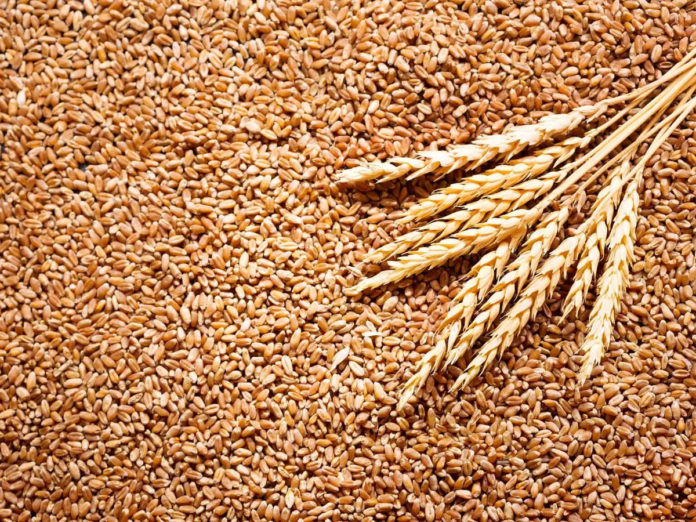Top diplomats Friday urged swift global action in the face of the mounting food crisis, as the war in Ukraine worsens conditions that have pushed millions of people into hunger.
“German Foreign Minister Annalena Baerbock hosted officials including the United States Secretary of State Antony Blinken and Italian Foreign Minister Luigi di Maio in the German capital for a summit aimed at finding ways to blunt the impacts of the situation, which the United Nations says has now made tens of millions people acutely food insecure.
‘Russia is waging a cynical grain war, using it as a tool to make food prices [skyrocket] and destabilise entire countries,’ Baerbock said.
“Officials have described a slow-building confluence of climate change, the coronavirus pandemic, and a spate of global conflicts including, now, the war in Ukraine — a major grain exporter whose crops are a key source of sustenance for countries including Egypt and Lebanon.
“U.S. officials have stressed the need to compensate for the dramatic reduction in exports from Ukraine, which before Russia’s February 24 invasion exported some 6 million tonnes of grain a month, mostly by sea. Now, vast amounts of wheat, barley, maize and vegetable oil are sitting in storage facilities and ports due to fighting, damaged infrastructure and a Russian maritime blockade.”
“The Russians’ bloody creep into Ukraine, a breadbasket for the world, has caused an upheaval in global grain markets. Coastal blockades have trapped millions of tons of wheat and corn inside Ukraine. With famine stalking Africa, the Middle East and elsewhere in Asia, a frenetic scramble for new suppliers and alternate shipping routes is underway.
“‘Because of the war, there are opportunities for Romanian farmers this year,’ Catalin Corbea said.
The question is whether Romania will be able to take advantage of them by expanding its own agricultural sector while helping fill the food gap left by landlocked Ukraine.
Romania’s own farm output is dwarfed by Ukraine’s, but it is one of the largest grain exporters in the European Union. Last year, it sent 60 percent of its wheat abroad, mostly to Egypt and the rest of the Middle East. This year, the government has allocated 500 million euros (US$527 million) to support farming and keep production up.








